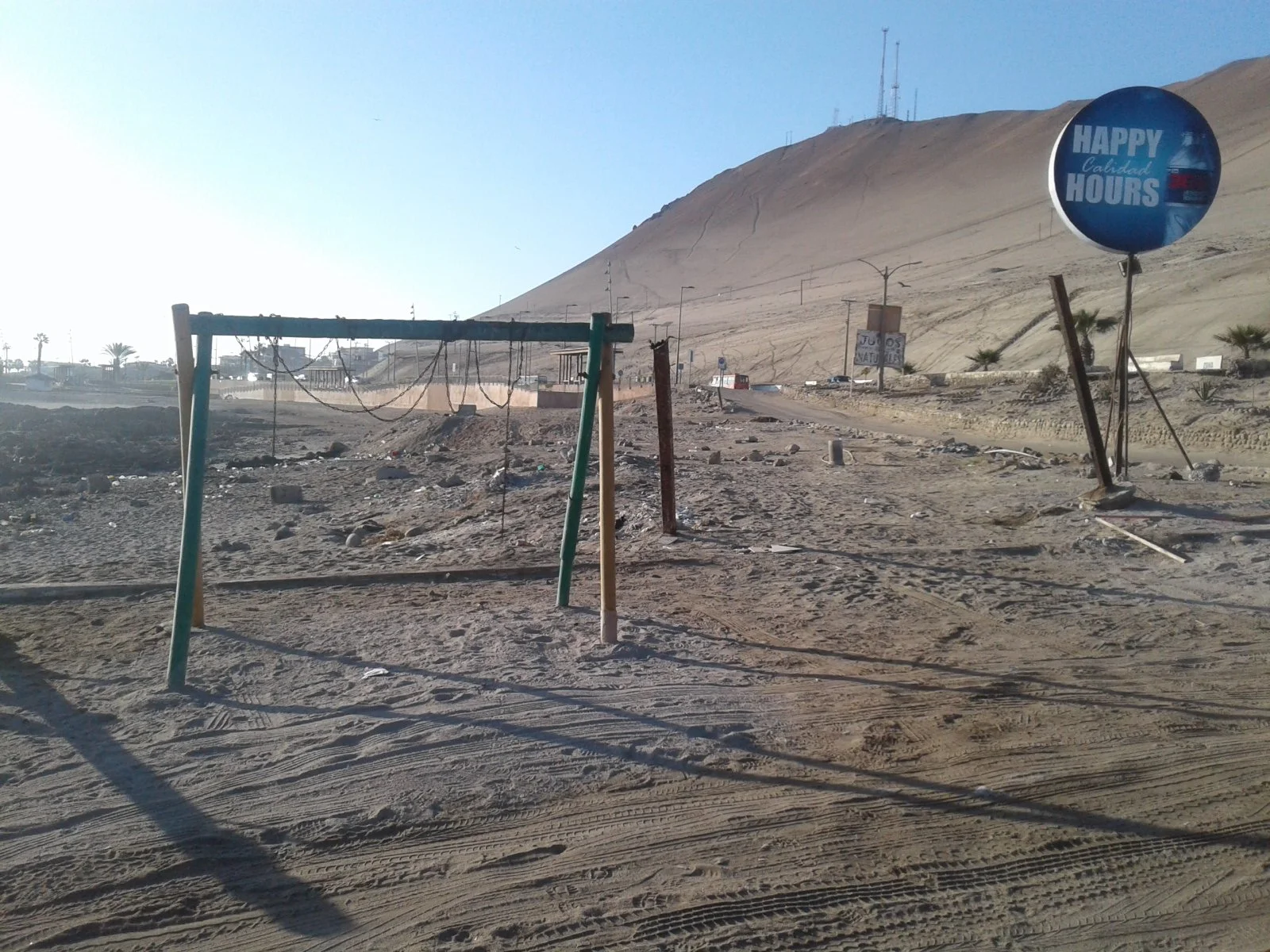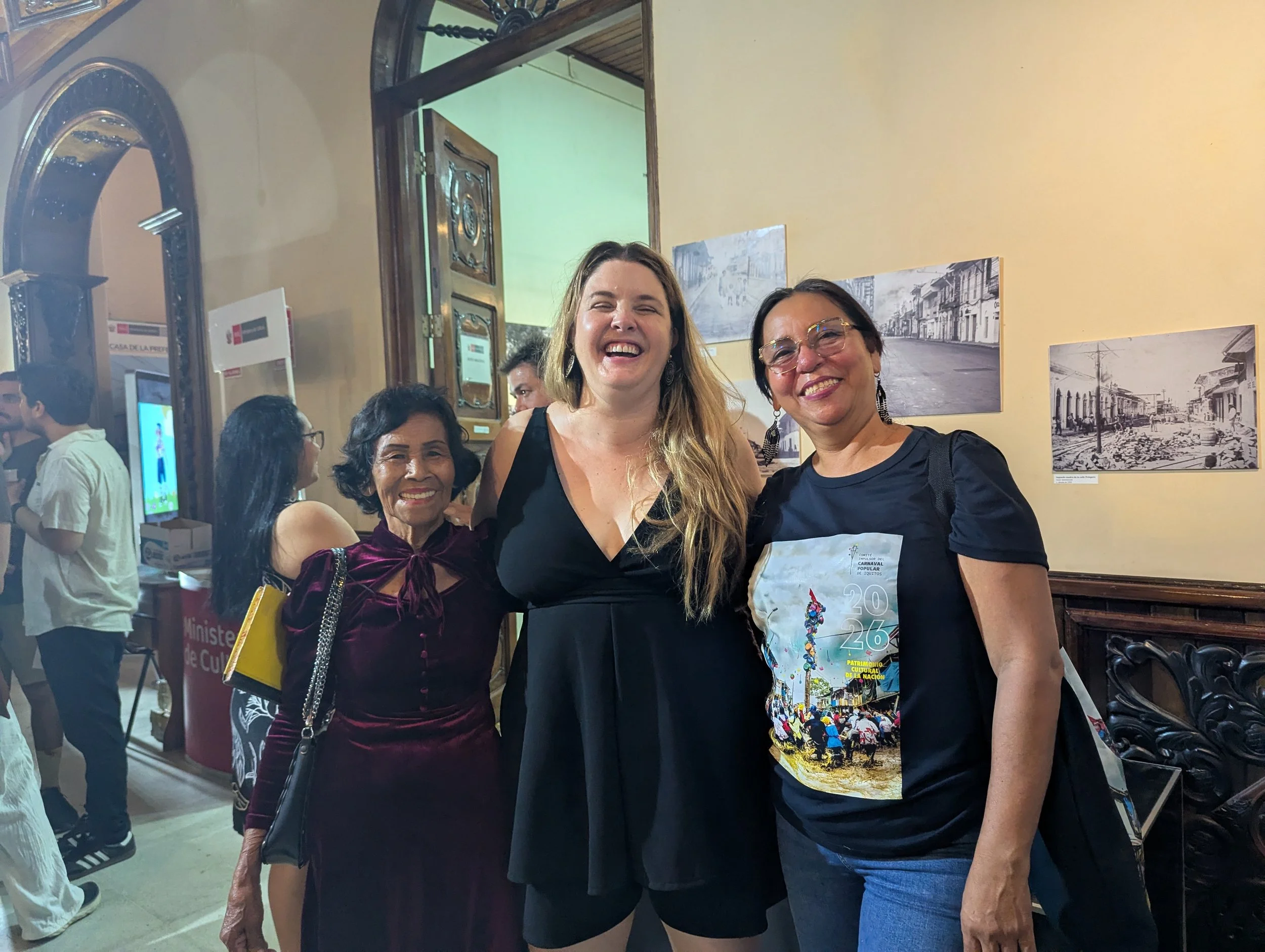You have no other choice on the menu, despite the endless perfectionism taught to you in school—a perfectionism that said if you make a mistake you are a terrible person.
Your life is the only item on the menu.
The nutrition is your own actions served back to you on plates. Everything you have said and done, returned to you. All the risks you didn't take.
You can eat it or you cannot.
and yet your own life is the only thing on the menu.


